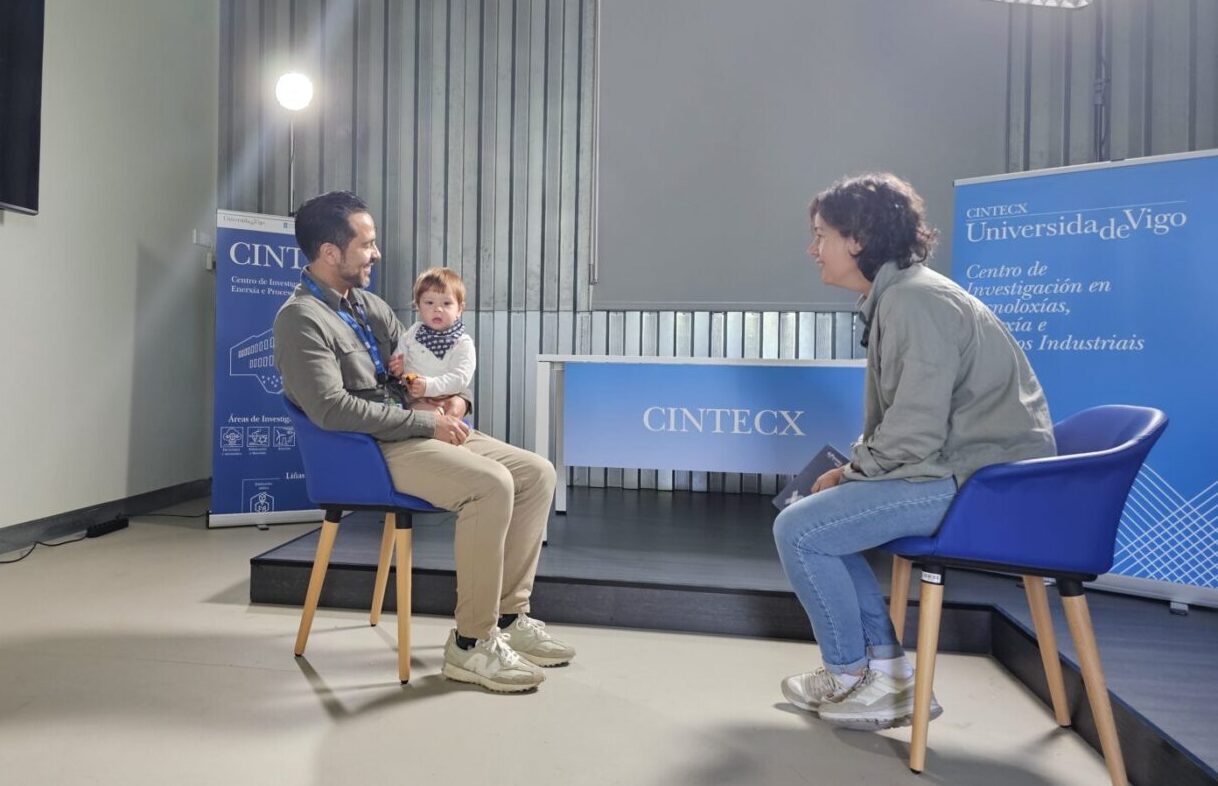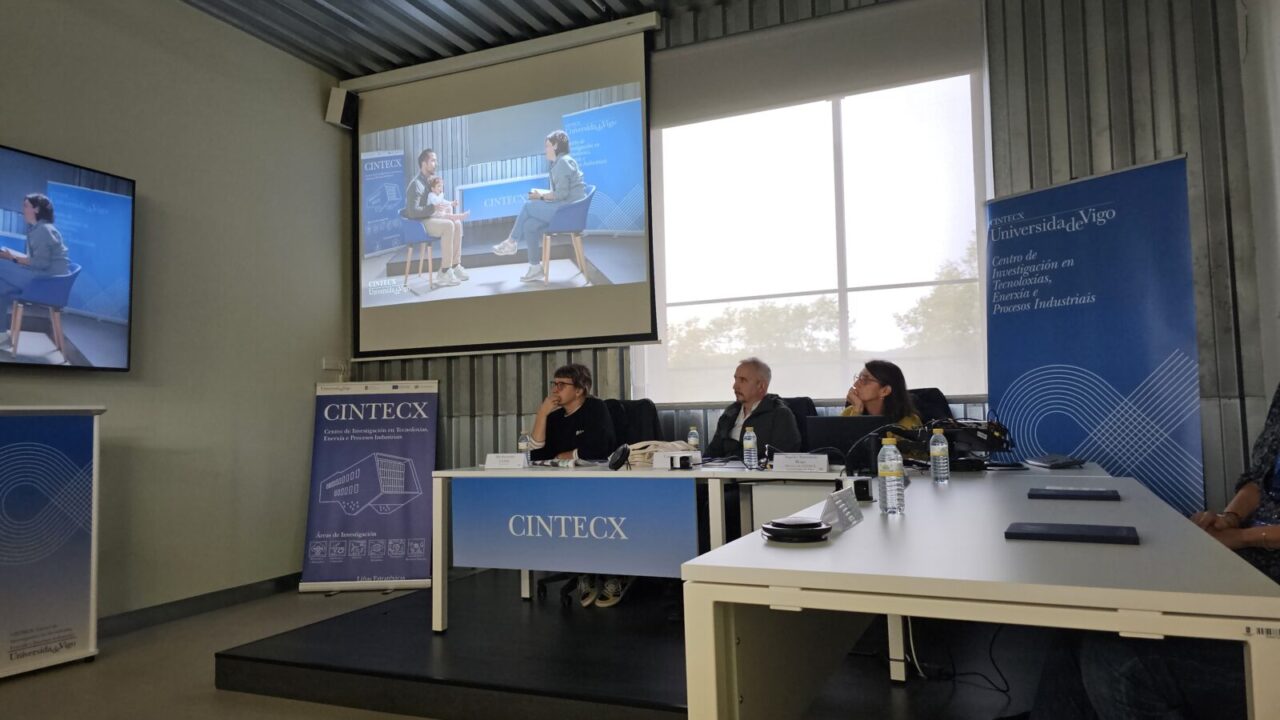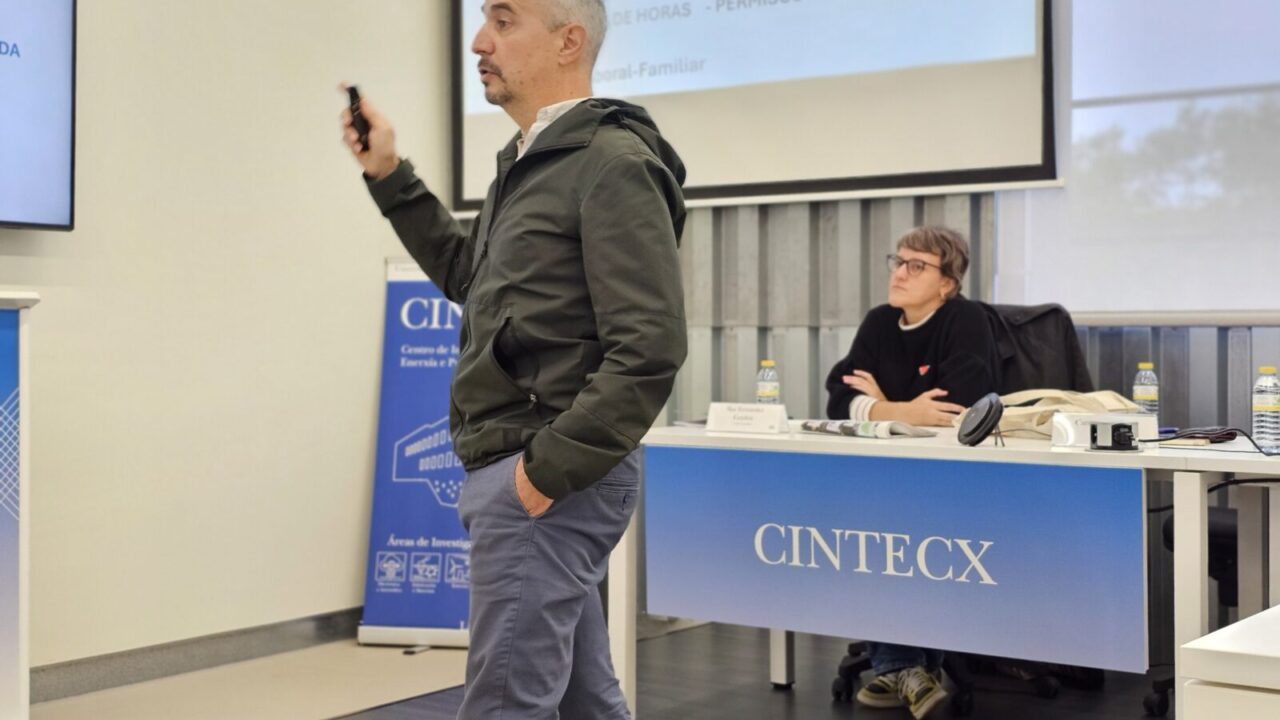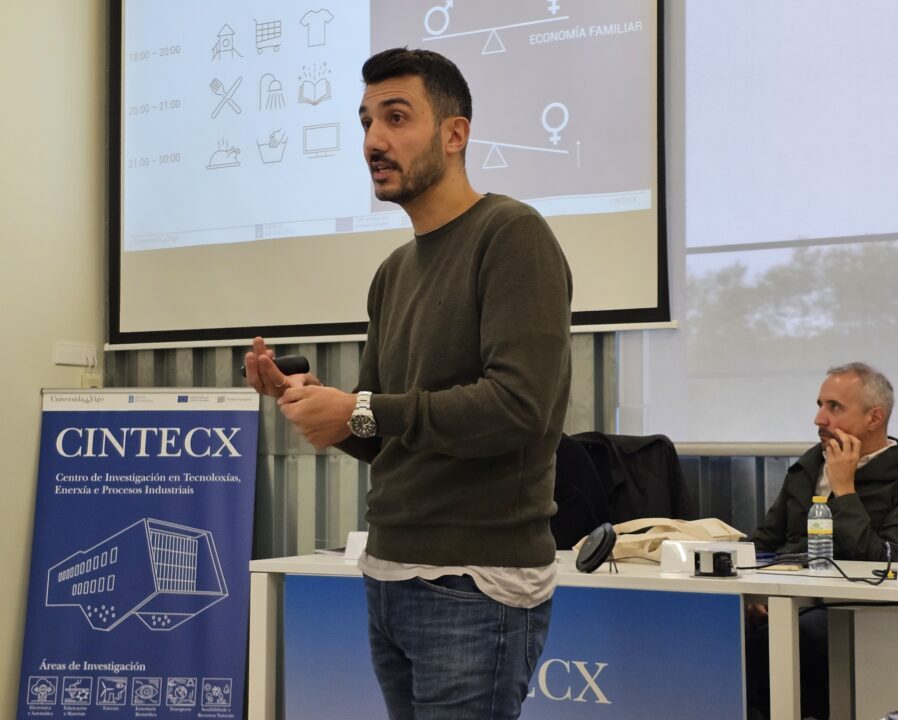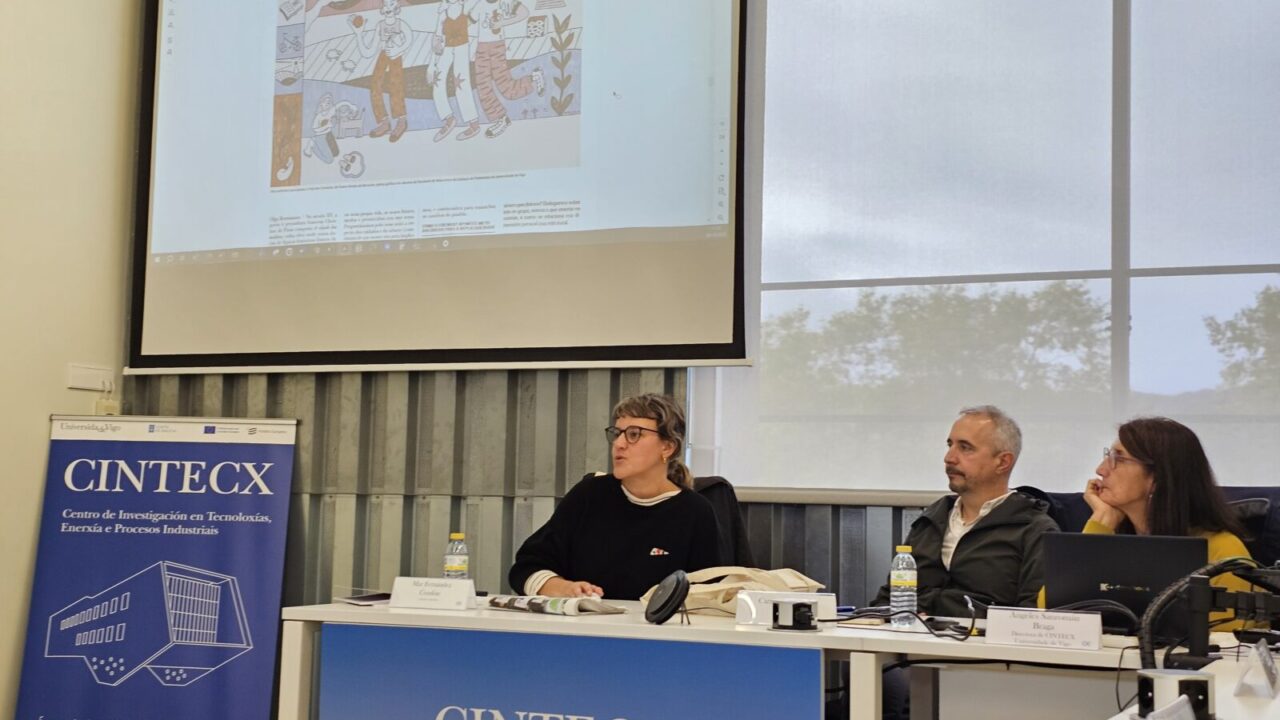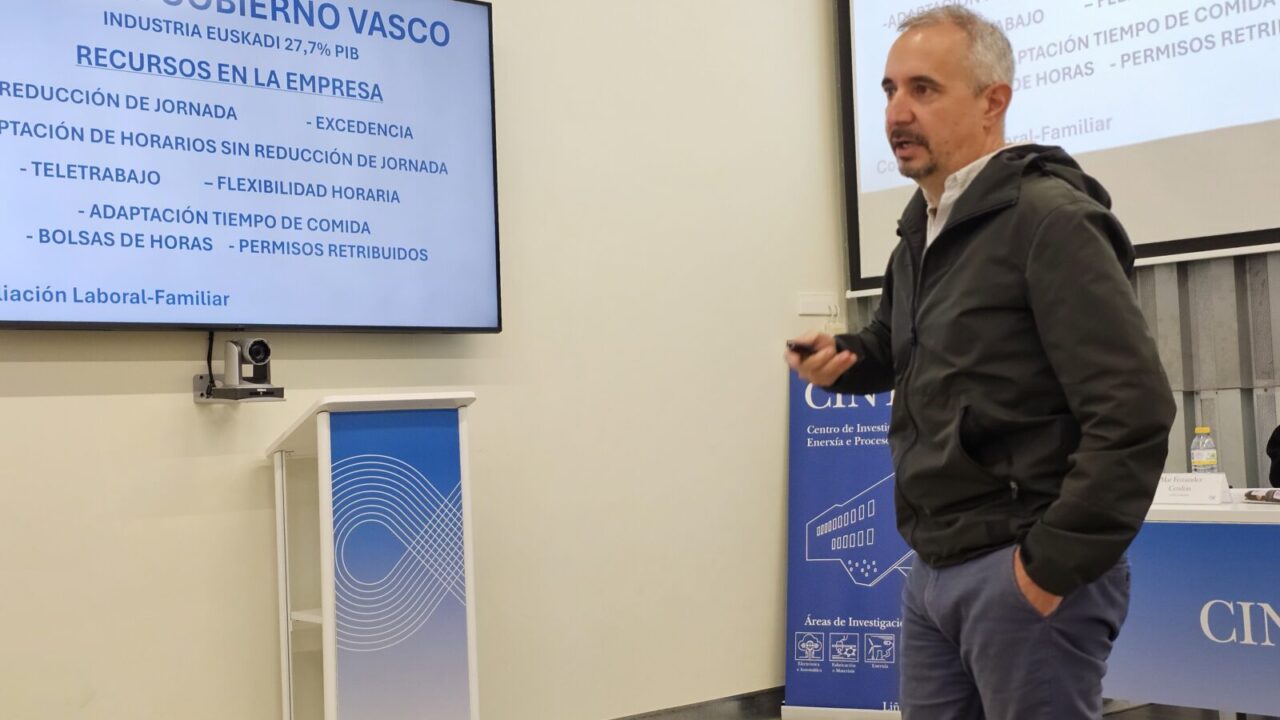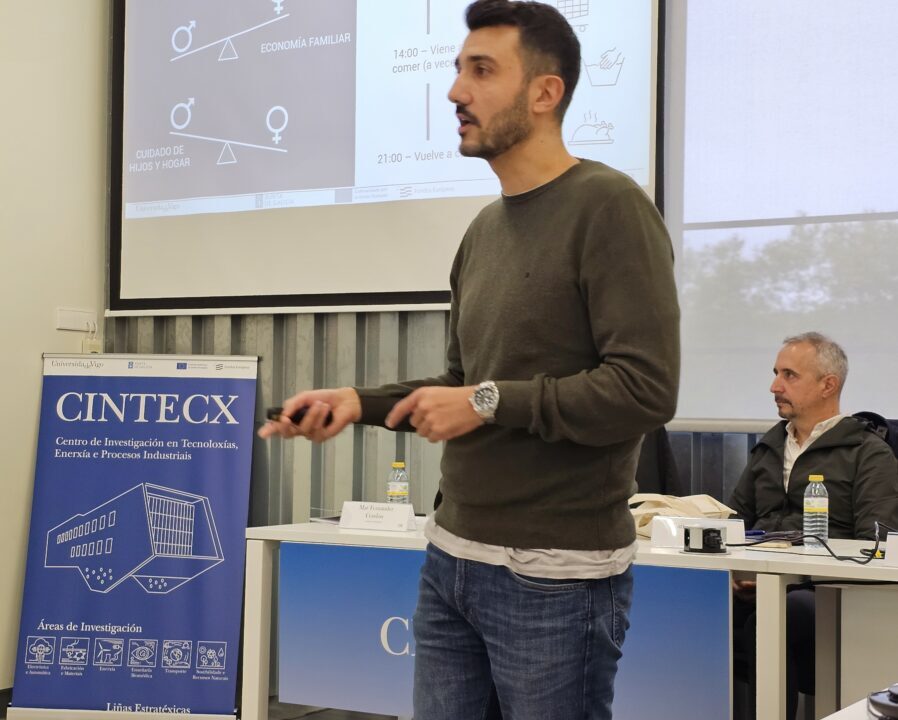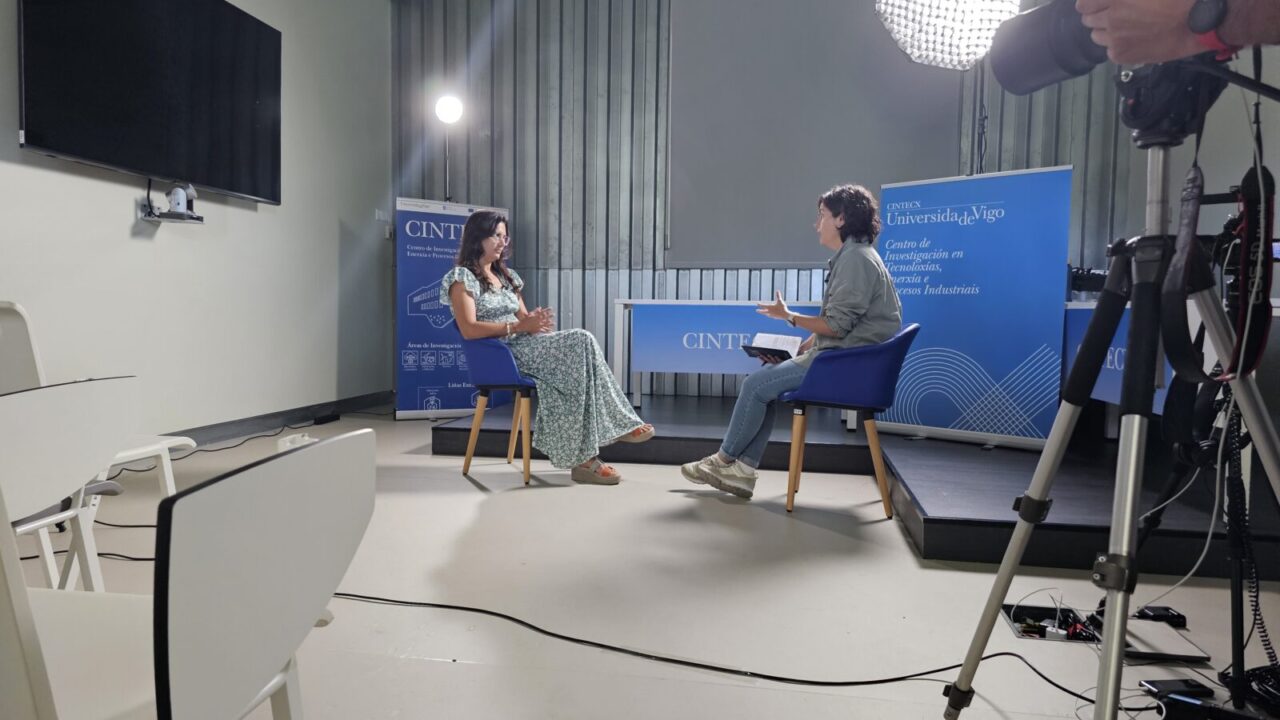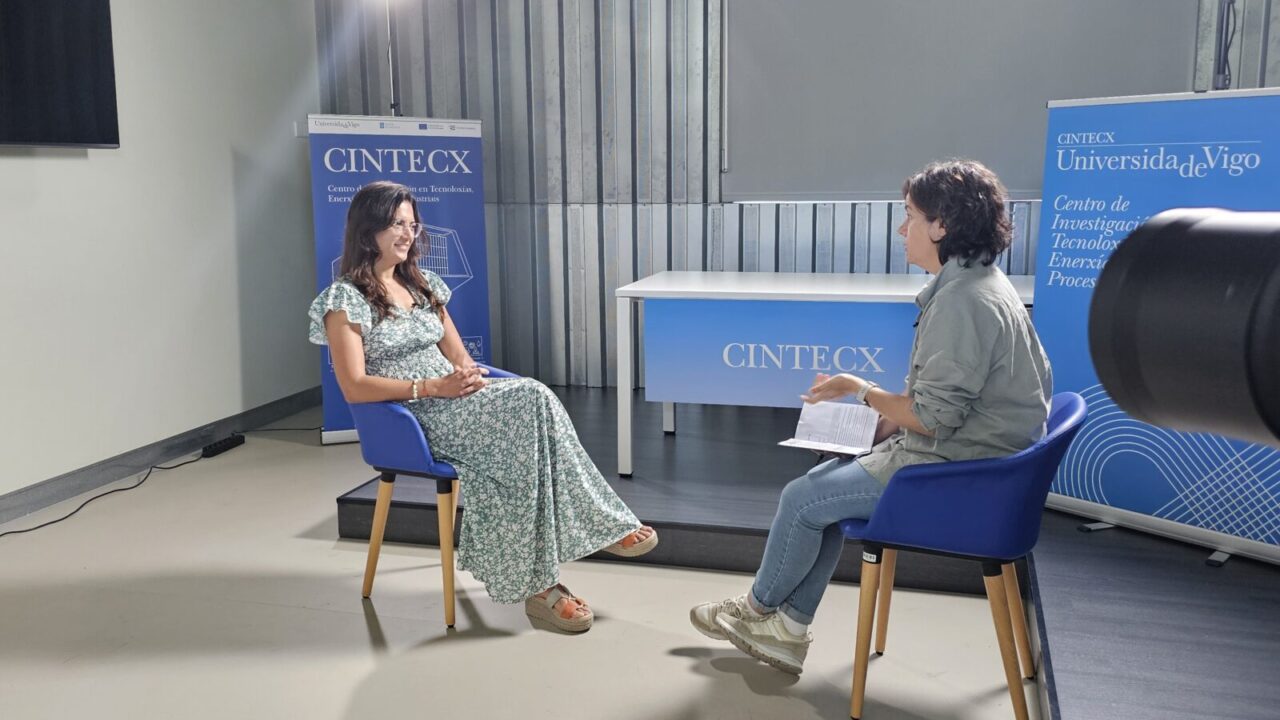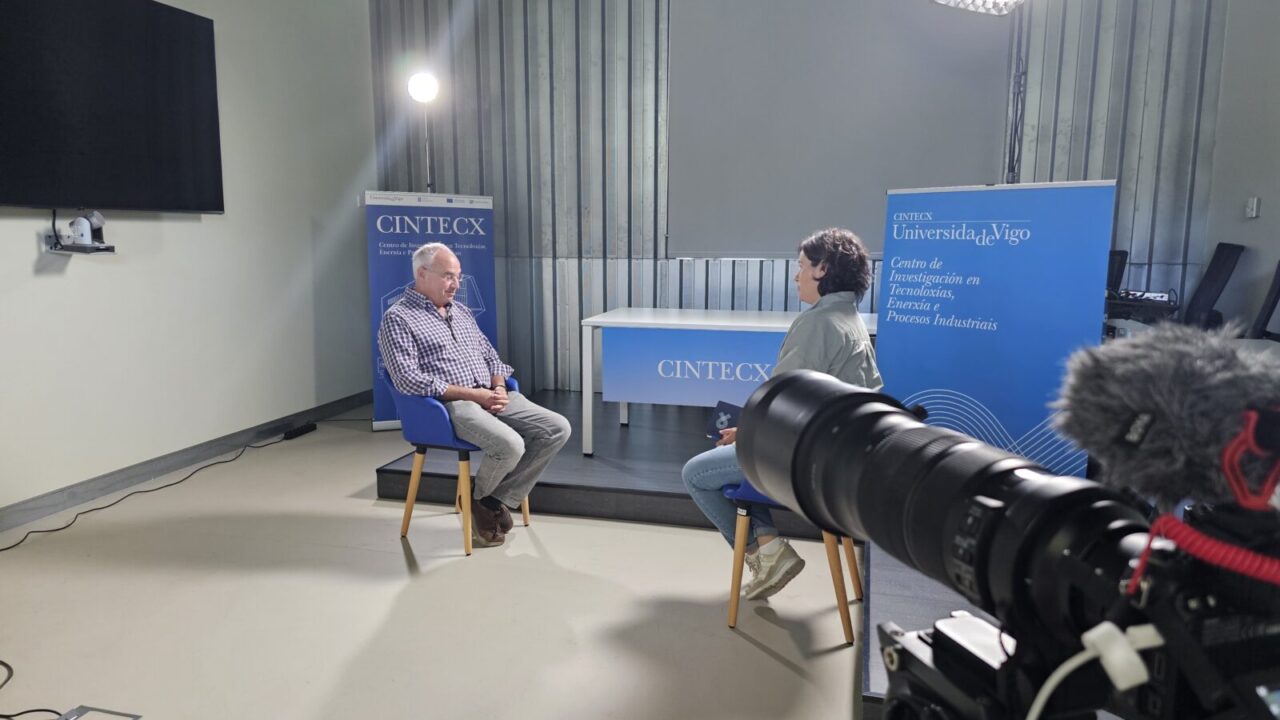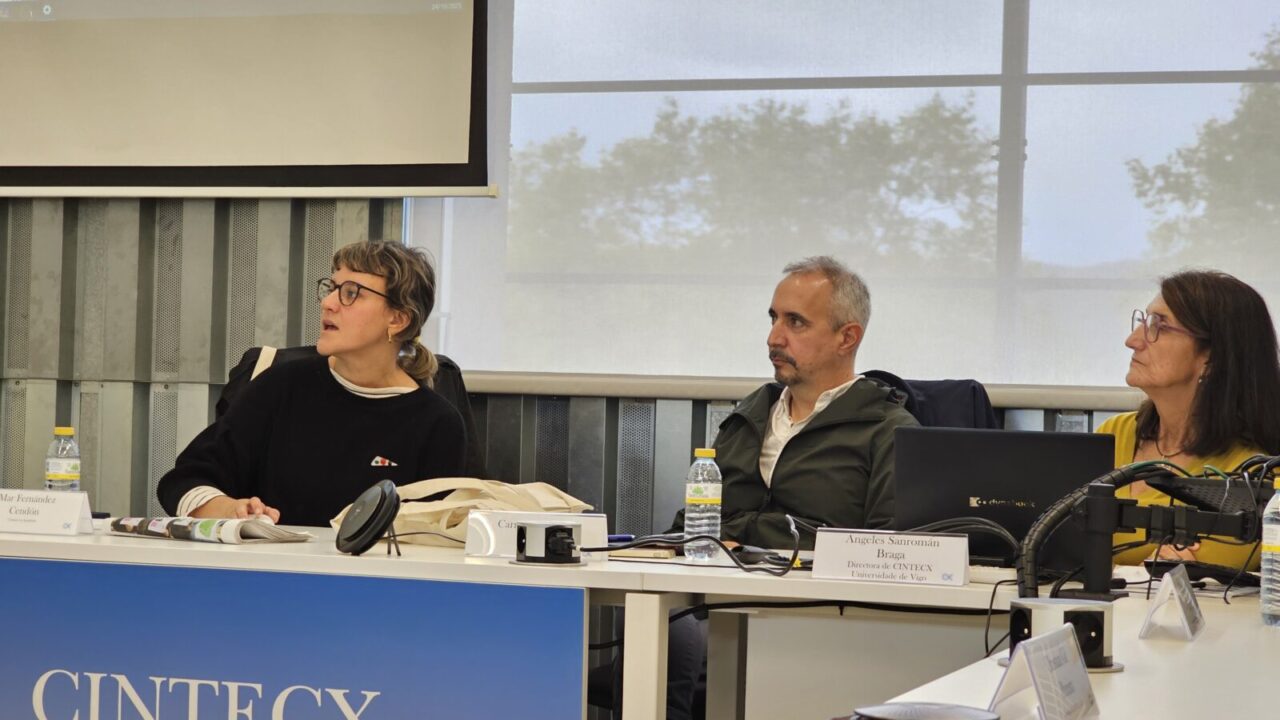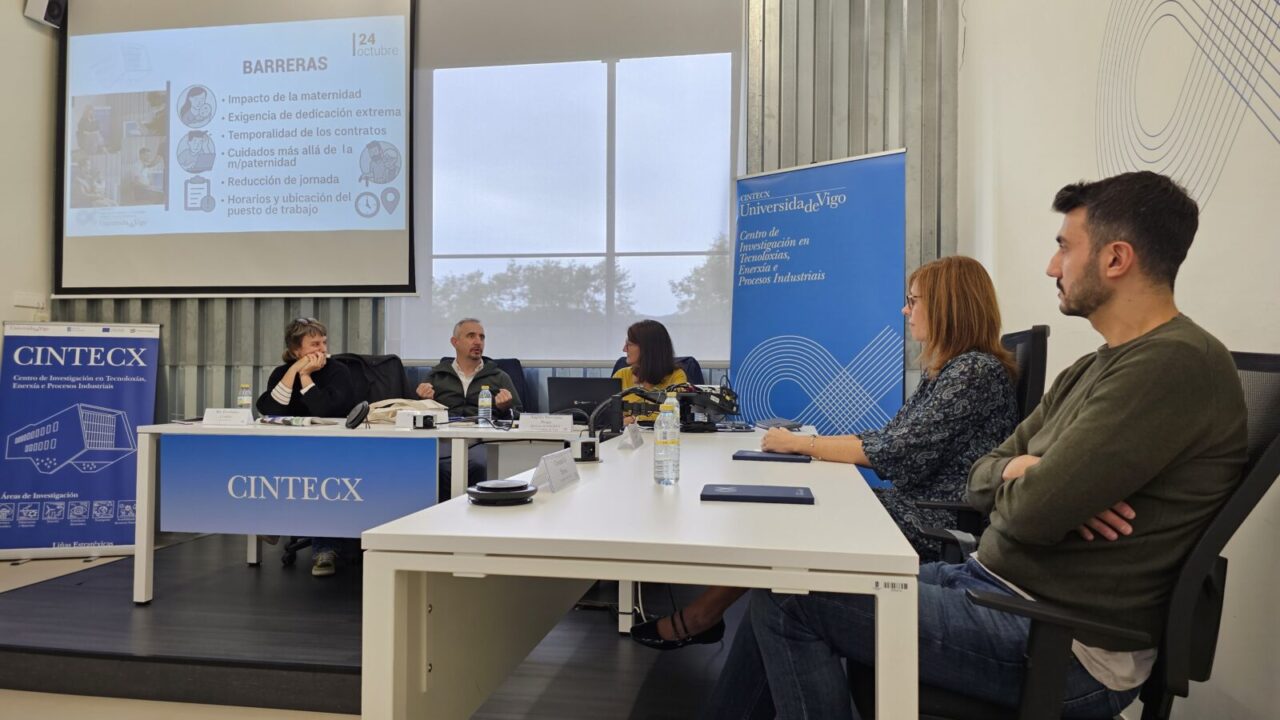The Research Center for Technologies, Energy and Industrial Processes (Cintecx) at the University of Vigo held a new edition of its gender awareness campaign Open Camera Cintecx for Women and Men in STEM this Friday. Through this initiative, the center aims to highlight the personal and professional realities of its research staff, promoting gender equality and work-life balance within the scientific and technological fields.
Coinciding with the recent celebration of the Men for Equality Day (October 21), the event—funded by the Equality Unit—offered a firsthand look at recorded testimonies from female and male researchers at the center, showing how they integrate their professional careers with personal life. Through these voices, differences, barriers, and areas for improvement were identified, encouraging greater awareness and active engagement from the scientific community.
Would you like me to help turn this into a press release or presentation in English?
A camera that makes realities visible
The director of Cintecx, Ángeles Sanromán Braga, opened the event with the screening of the campaign’s summary video, which sparked a discussion on the pending challenges and opportunities for improvement, thanks to the testimonies of the thirteen researchers and technical staff interviewed in the recording.
Through audiovisual interviews, Open Camera Cintecx for Women and Men in STEM aims to showcase the daily lives of researchers beyond the laboratory. The goal is to understand how they manage family responsibilities, household tasks, and caregiving, and how these aspects of personal life influence—or are influenced by—their scientific careers.
“In the first edition, the focus was on the experiences of female researchers. In this new installment, we’ve included the voices of men as well, to offer a more complete and comparative perspective. The combination of voices helps identify differences, barriers, and opportunities for improvement that contribute to greater gender awareness within the scientific community,” Sanromán emphasized.
Following this, Carmelo Morales Pérez, industrial engineer at Emenasa and representative of the Official College of Industrial Engineers of Galicia, addressed the challenges of work-life balance in the industrial sector, highlighting the need for policies that promote shared responsibility and equal opportunities.
Testimonies that humanize science
Christian Gil Pereira, researcher from the GTE group at Cintecx, shared his personal experience as part of the Open Camera initiative, offering an intimate perspective on how he balances his scientific career with family responsibilities and caregiving. His contribution gave a face to the everyday reality of many researchers, breaking stereotypes and humanizing the scientific profile.
Next, Mar Fernández Cendón, technician at the Equality Unit of the University of Vigo, presented initiatives focused on shared responsibility and work-life balance, and spoke in depth about the Men Who Care initiative, which seeks to involve men in caregiving and make their traditionally invisible role more visible.
Equality as a driver of change
One of the central moments of the event was the roundtable titled Work-Life Balance and Research Careers: Identifying Barriers and Areas for Improvement, moderated by Ángeles Sanromán Braga. Participants included Carmelo Morales Pérez (ICOIIG), Marta Pazos Currás (Cintecx), Christian Gil Pereira (Cintecx), and Mar Fernández Cendón (Equality Unit), who shared their experiences and reflections on the challenges researchers face in reconciling professional and personal life.
The discussion addressed structural barriers such as the impact of motherhood on research careers, the demand for extreme dedication that often prevents disconnection, the high temporary nature of contracts, and the lack of recognition for caregiving beyond parenting, such as caring for elderly or ill individuals. It was also noted that, to this day, it is mostly women who opt for reduced working hours, and that teaching schedules and distribution still condition the real possibilities for work-life balance.
Marta Pazos emphasized that flexibility in the research field, far from facilitating balance, can become a trap: “We spend seven days a week thinking about research. Universities should help us by setting deadlines and schedules that allow us to separate professional and personal life.” She also pointed out that teaching hours, which sometimes stretch from early morning to late evening, make it even harder to maintain a healthy work-life balance.
Carmelo Morales agreed that flexibility has brought progress, but warned that remote work blurs the boundaries between home and work, which can create new tensions. Christian Gil, meanwhile, advocated for institutional protection of caregiving time: “If we’re going to work for at least 35–40 years, dedicating one or two years fully to caring for children, with administrative protection, is something our society can afford.”
Mar Fernández Cendón stressed that remote work should not be confused with a measure for work-life balance, but is simply a work format that requires clear boundaries: “We need to pay attention to schedules and digital disconnection. Some companies and institutions no longer schedule meetings before 9:30 a.m. to support work-life balance.”
Despite the challenges, important progress in recent years was also acknowledged, such as the extension of paternity leave, reduced teaching loads during the early years of motherhood, corrective measures in the evaluation of scientific publications during the first two years of maternity, and the implementation of flexible schedules in most cases.
The roundtable concluded with a collective call to continue moving toward a more human-centered research culture—one that recognizes life rhythms and promotes a genuine culture of shared responsibility, where both men and women engage as agents of change.

